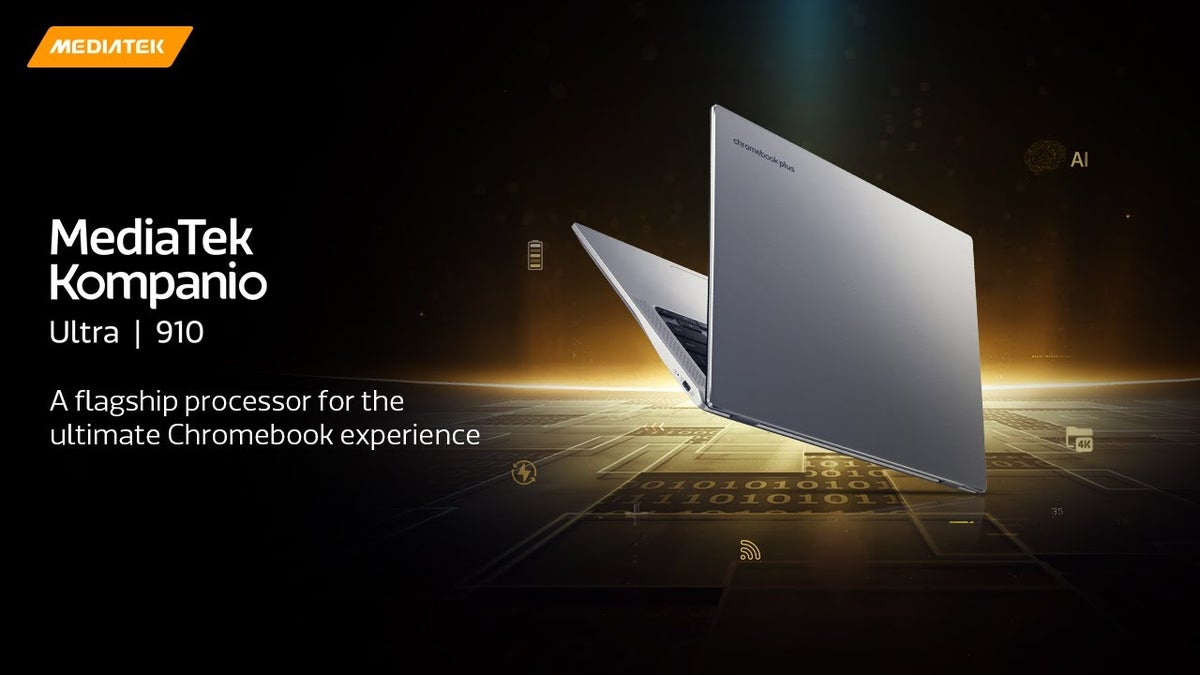So, what makes this chip stand out?
For starters, it abandons the traditional “big.LITTLE” CPU setup in favor of an “all-big-core” architecture. That means it packs eight powerful cores without any small efficiency cores typically used to balance power draw. According to MediaTek, this setup delivers up to 18% better performance while using up to 50% less power compared to its rivals.This chip is also designed with gaming in mind. MediaTek claims a 250% frame rate improvement in Android games like Minecraft when compared to older Intel chips used in Chromebooks. That’s a big leap for a platform that’s usually thought of as being more about documents and browsing than play.Another key feature is its compatibility with Google’s Gemini AI. With Gemini starting to replace Google Assistant on ChromeOS, having a powerful on-device NPU becomes increasingly important. The Kompanio Ultra is meant to keep up with this shift toward AI-powered productivity by ensuring faster processing and better efficiency when handling tasks like summarizing documents or generating images—all without relying too heavily on the cloud.

Why this matters in the bigger picture
Chromebooks have had a reputation for being budget-friendly, simple, and often underpowered. But in recent years, we’ve seen the category evolve with the introduction of Chromebook Plus devices and a growing focus on premium features. The Kompanio Ultra could be the missing piece that helps truly bridge the gap between Chromebooks and traditional laptops, not just in terms of performance but in versatility.
Competitors like Intel’s Core Ultra 5 and AMD’s Ryzen 7000 series are already pushing thin-and-light Windows laptops into new territory. But if MediaTek’s numbers hold up, the Kompanio Ultra might offer the same level of performance with better battery life—something that’s always been key to the Chromebook experience.
Is this the push Chromebooks needed?
Chromebooks are finally starting to shake off their “just for students” image. With AI integration, better displays, and now, flagship-level processing power, we could see more professionals taking them seriously. While we’ll need to see real-world performance before passing judgment, the Kompanio Ultra looks like a strong step in the right direction.MediaTek says Chromebooks powered by this new chip will start appearing “in the coming months,” and they’ll likely be part of the next wave of Chromebook Plus devices. Given how promising this chip looks on paper, these upcoming Chromebooks might be the ones to watch.










